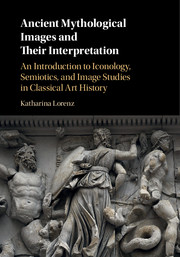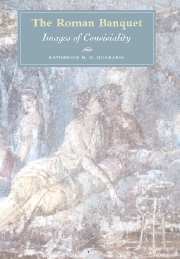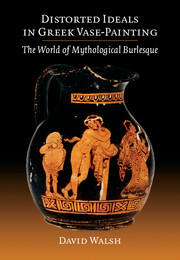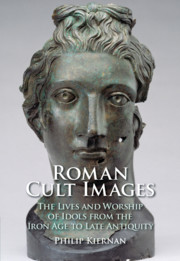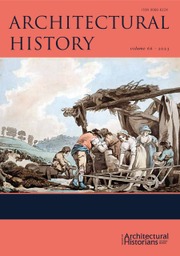Ancient Mythological Images and their Interpretation
When we try to make sense of pictures, what do we gain when we use a particular method - and what might we be missing or even losing? Empirical experimentation on three types of mythological imagery - a Classical Greek pot, a frieze from Hellenistic Pergamon and a second-century CE Roman sarcophagus - enables Katharina Lorenz to demonstrate how theoretical approaches to images (specifically, iconology, semiotics, and image studies) impact the meanings we elicit from Greek and Roman art. A guide to Classical images of myth, and also a critical history of Classical archaeology's attempts to give meaning to pictures, this book establishes a dialogue with the wider field of art history and proposes a new framework for the study of ancient visual culture. It will be essential reading not just for students of classical art history and archaeology, but for anyone interested in the possibilities - and the history - of studying visual culture.
- Proposes a new framework for the study of (ancient) visual culture based on engagement with Greek and Roman mythological imagery, appealing to those seeking to better their understanding of Greek and Roman cultural history
- Relates historiography and method development in Classical archaeology and ancient art history to the art history of more modern periods, and will therefore be of interest to readers interested in the Classical world and those concerned with more recent historical periods
- Tracks intellectual developments in different contexts and carves out their similarities and differences, speaking to readers from different intellectual backgrounds and familiarising them with broader developments in western European art history
Reviews & endorsements
'… a welcome addition to the field of classical art history. Aimed at students, the text functions as an introduction to the use of art historical theories and methodologies in the study of mythological imagery. … Overall, Lorenz's book is successful. The case studies exemplifying effective applications of art historical methodologies, as well as the well-researched footnotes and bibliography, make the book a valuable resource for students. In addition, it is important that we as scholars continue to reflect on the discipline and ask ourselves and our students how we study ancient art and why these methodologies are valuable. Lorenz's book not only asks these questions, but helps students to answer them.' Amanda Herring, Bryn Mawr Classical Review
Product details
No date availablePaperback
9780521139724
300 pages
246 × 174 × 14 mm
0.6kg
53 b/w illus.
Table of Contents
- 1. Iconology
- 2. Semiotics
- 3. Image studies.

